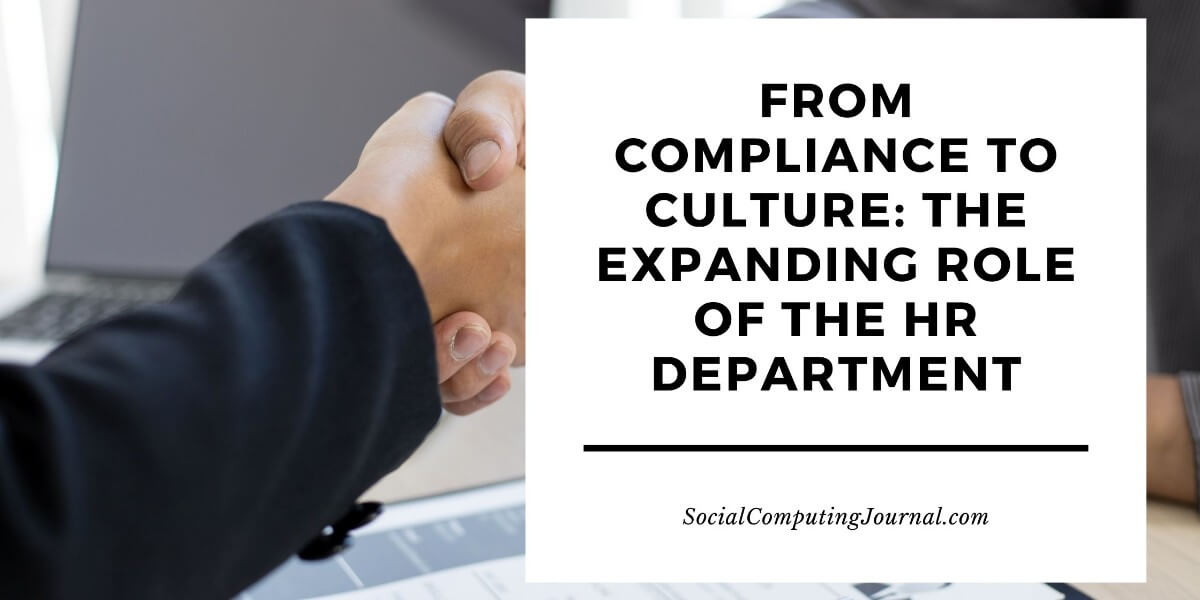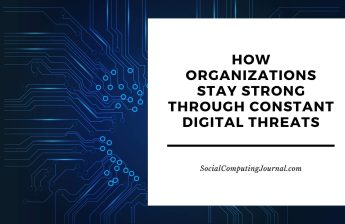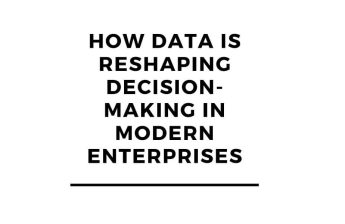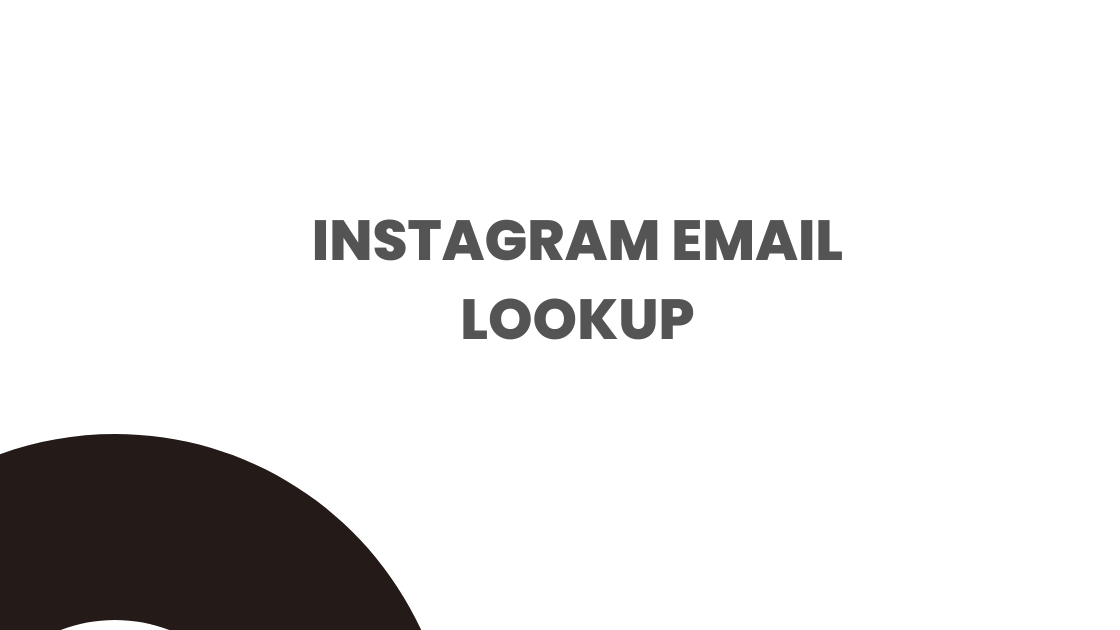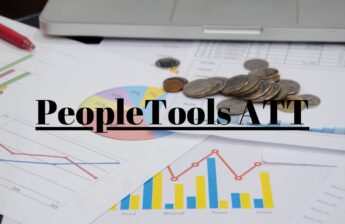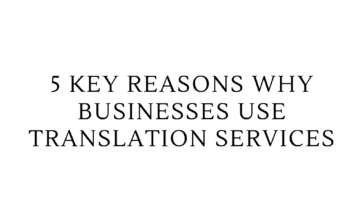The Human Resources department is no longer just the team that posts job ads, processes paperwork, and reminds employees about the dress code. Today, HR plays a vital role in shaping workplace culture, driving engagement, and guiding strategic growth.
As the workforce evolves, so do the expectations from HR. Employee well-being, diversity and inclusion, hybrid work models, and digital transformation have added new layers of complexity. HR is now at the center of these conversations, balancing business objectives with the needs of a diverse, modern workforce.
This article explores how HR has shifted from a compliance-driven function to a culture-shaping powerhouse. We’ll cover the key areas that highlight this evolution—and what it means for the future of people management.
Contents
- 1 From Rule Enforcers to Strategic Advisors
- 2 Building and Sustaining Company Culture
- 3 Employee Experience as a Priority
- 4 Data-Driven Decision Making
- 5 Managing Remote and Hybrid Workforces
- 6 Mental Health and Employee Well-being
- 7 Navigating Legal and Ethical Complexity
- 8 Preparing for the Future of Work
From Rule Enforcers to Strategic Advisors
For many years, HR was primarily known for handling recruitment, payroll, and ensuring company policies were followed. While these tasks still matter, the role of HR has evolved. Today, HR professionals are strategic partners who work closely with leadership to shape business outcomes. They’re expected to understand the company’s vision and help build teams that align with long-term goals.
Strategic HR goes beyond managing people—it involves anticipating workforce needs, identifying skill gaps, and supporting leadership development. As HR responsibilities have expanded, so has the need for advanced knowledge. Many professionals now pursue specialized degrees like a masters of human resource management to prepare for the growing demands of the role.
HR is now involved in decisions about organizational structure, change management, and succession planning. This shift from administrative work to strategic advisory means HR teams must stay informed about market trends and be ready to offer solutions that drive business performance.
Building and Sustaining Company Culture
Culture is no longer something that develops on its own—it’s actively built and managed, and HR is at the center of it. Whether it’s fostering a culture of collaboration, accountability, or innovation, HR helps shape how employees experience the workplace.
Company culture influences everything from how teams communicate to how they handle conflict. HR works to ensure the culture is aligned with company values and visible in daily operations. This includes designing programs that reinforce the mission, offering training that supports behavior expectations, and recognizing employees who embody the culture. A strong culture can be a powerful retention tool and a clear advantage in attracting top talent.
Employee Experience as a Priority
HR has moved from being policy-driven to being people-focused. One of the most notable shifts is the growing emphasis on employee experience. It’s not just about keeping people compliant—it’s about making sure they feel supported, valued, and motivated.
From onboarding to career development, HR now looks at every touchpoint in the employee journey. That includes creating feedback loops, improving internal communication, and personalizing growth opportunities.
Data-Driven Decision Making
HR is becoming more analytical and evidence-based. Gone are the days when decisions were made on gut feeling alone. Today, HR teams use data to make smarter, faster, and more impactful choices. They track key metrics such as time-to-hire, retention rates, employee engagement, and performance trends.
These insights allow HR to identify patterns and make adjustments in real-time. For instance, if data shows high turnover in a specific department, HR can investigate and respond with targeted solutions. Data also helps measure the success of initiatives, proving HR’s value in concrete terms. This analytical approach strengthens HR’s credibility and supports more informed business decisions.
Managing Remote and Hybrid Workforces
The shift to remote and hybrid work has changed the workplace landscape. What began as a temporary solution during the pandemic has now become a standard model in many industries. HR departments have had to adapt quickly, finding ways to maintain productivity, morale, and communication without the structure of a physical office.
Supporting remote teams involves more than just giving employees a laptop. HR must rethink performance management, redefine expectations, and ensure that employees feel connected even when they’re not sharing a workspace. Clear communication, regular check-ins, and flexible scheduling are now part of HR’s playbook. There’s also a growing need to invest in digital collaboration tools and to train managers on how to lead distributed teams. Balancing flexibility with accountability is a challenge, but it’s one HR is now equipped to handle.
Mental Health and Employee Well-being
Employee well-being has become a priority. Organizations are realizing that mental health is just as important as physical health, and HR is leading the charge in creating healthier workplaces. The conversation around stress, burnout, and work-life balance is no longer taboo. It’s a vital part of business strategy.
HR teams are introducing programs that go beyond basic healthcare benefits. These include mental health days, access to therapists, stress management workshops, and wellness apps. Creating a culture where employees feel safe to speak up about their mental health is key. Managers are being trained to recognize signs of burnout and offer support early.
HR’s traditional role in compliance has not disappeared—it has grown more complex. Employment laws are constantly evolving, and HR must keep up with changes at the local, national, and even international level.
Beyond regulations, there are new ethical questions. For example, how should companies use AI in recruiting? What’s the right balance between monitoring productivity and respecting employee privacy? HR must help organizations navigate these gray areas while maintaining fairness and transparency.
Preparing for the Future of Work
The future of work is being shaped today, and HR is at the front line. This includes anticipating skills that will be needed, preparing for automation, and managing generational shifts in the workforce. HR professionals are now responsible for helping employees upskill, reskill, and adapt to new technologies.
Organizations that want to stay competitive must invest in learning and development. HR teams are creating programs that support continuous learning, mentoring, and career mobility. At the same time, they’re building flexible work models and rethinking what a career path looks like. The future isn’t just about surviving—it’s about thriving in a changing environment, and HR is the bridge between today’s workforce and tomorrow’s needs.
The HR department has undergone a major transformation. No longer limited to compliance and administration, HR now plays a central role in shaping culture, supporting well-being, and driving business success. From prioritizing employee experience and managing remote work to leading DEI efforts and preparing for the future, HR is redefining its place in the modern organization. As the world of work continues to evolve, one thing is clear: HR is not just keeping up—it’s leading the way.

